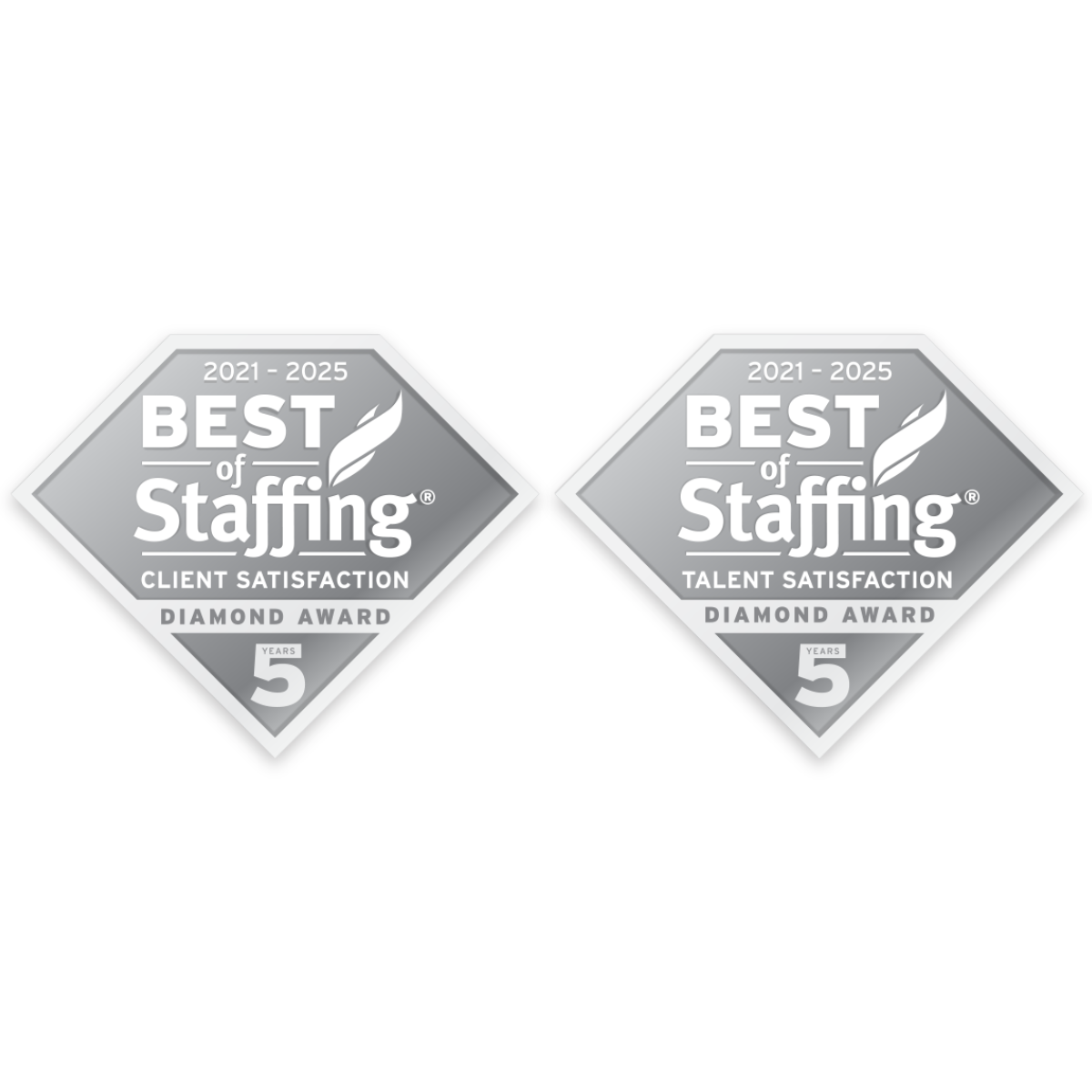Here’s an important lesson in work and in life: Respect isn’t something that you earn once and have forever. You have to protect it, and doing good work isn’t always enough. Your professional credibility is enhanced, or chipped away, by the other little things you do. You may be eroding your credibility if:
1. You aren’t careful about your social media presence.
You probably already know that more employers than ever are peeping potential candidates’ social media feeds. Besides showing restraint about what you post to Facebook, be careful about what you’re saying on LinkedIn. Anyone who you’re connected with can view your comments so stay neutral or consider creating professional profiles that are separate from your personal ones.
2. You have a cringe-worthy email address.
If you’re using a personal address to send professional emails, then your email address should reflect it. It should be some variation of your name, a professional URL, or the name of your business. Keep your Buffguy1989 or luv4pomeranians for your personal endeavors. Get a free Gmail account and ditch anything on Yahoo, Hotmail, or AOL. And finally, don’t apply for a new job using your current job’s email address.
3. You ask for LinkedIn favors without offering something of value.
You have a connection that you kind of know, but not really, and you may have never met them in person. Then you see that they’ve just connected with an Associate Creative Director at one of the top agencies in your area. Don’t start pestering them to hook you up. Why would they risk their own credibility by recommending someone they don’t even know?
The same goes for asking people you know only vaguely to endorse or recommend you. At the very least, write a thoughtful, personalized email to that person. Better yet, if you know someone who can and will vouch for you, ask them to make a more formal introduction.
4. You send out communications that are poorly written/riddled with typos.
OK, so we’re not all writers, and English may not even be our first language, but there’s a baseline for business communications, especially in a communications-related field. Your communications reflect your professionalism and attention to detail — and if you’re in a client-facing role, they also reflect your company. Make sure you’re casting yourself in a good light. At the very least, run spellcheck and then read these writing tips that will help you sound smarter.
5. You deliberately lower the bar on the value of your work.
You are supposed to be the expert and your opinions are based in facts or opinions you trust; leave no room for anyone to doubt what you’re saying. Keep your language strong and confident. Banish phrases like, “Well, if it were up to me,” “In my humble opinion,” “I think”, “I’m pretty sure,” or “It’s my feeling that…” Say what it is that needs to be said, without inviting your audience to doubt your authority.
6. You talk negatively about yourself.
Here’s a secret: People look to you to get their first impressions. If you’re berating yourself, they will think it’s OK for them to do, as well. This ranges from really offhanded or seemingly innocent comments, such as, “Oops! I’m such a klutz!” to when someone gives you professional criticism about your work, saying something along the lines of, “Yeah, that was really stupid of me. I don’t know what I was thinking.” If you made a gaffe, resist the temptation to belittle yourself.
7. You instantly agree with someone who criticizes your work.
It doesn’t matter what your job is or how far up the ladder you are, people are always going to have suggestions about your work. Be willing to stand up for the value of your contributions. Admittedly, if you’re just starting out, you should learn as much as you can, but don’t roll over each time someone makes a comment. Push back with respect, and defend your position with facts and experience, not just feelings. Showing confidence in your own work will make others confident about your abilities.
8. You can’t take it when someone criticizes your work.
It doesn’t matter what your job is or how far up the ladder you are, people are always going to have suggestions about your work. Sound familiar? Need me to say it again? Being combative about routine feedback will quickly earn you a bad reputation. Knowing how to gracefully accept well-meaning criticism is how you learn and grow as a professional.
9. You lack follow-through.
Delivering on your promises is a huge part of earning trust — both in work and in life. If you need to, be a flake on your own time. But at work, not making good on things you’ve committed to can put everyone else in a bind, especially if whatever you said you’d be responsible for is part of a bigger project.
Bottom line: Start protecting your credibility now.
Once it’s been dinged too hard, it’s almost impossible to restore your professional credibility. You’re probably not in the position where losing it will cost you billions of dollars, but the story of tech startup CEO Elizabeth Holmes’ fall from grace is a fascinating look at what happens when you push your credibility to the breaking limit. By making a few simple steps, you can avoid jeopardizing your credibility in the first place.
Lisa is a Creative Circle candidate and seasoned advertising copywriter who lives in Los Angeles. Her background includes both in-house and agency work on Fortune 500 and global accounts in the consumer and healthcare/pharmaceutical fields. She excels at words, fashion, and cats. If you want to work with Lisa, contact Creative Circle Los Angeles.



